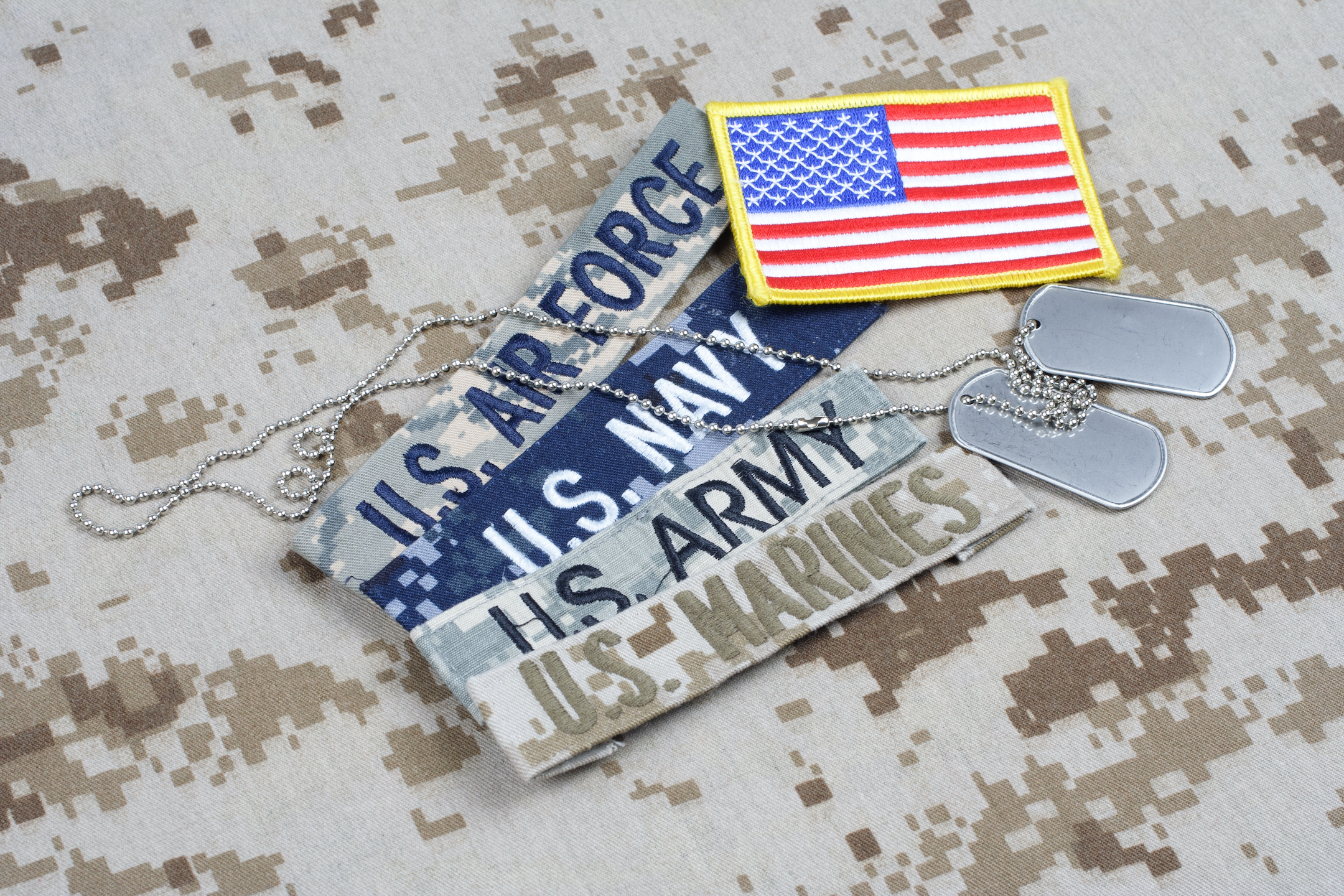
11 Nov Military to Civilian Transition: Veteran Employment Success
So, you’ve served your country honorably. Now, it’s time to transition to the next chapter of your life: your civilian career. The skills and experiences you’ve gained in the military are highly valuable to employers, but navigating the civilian job market can be daunting. Let’s break down some tips to help you make your military to civilian transition a little smoother.
Outlook of Veteran Employment
The veteran employment landscape is constantly changing, with more industries recognizing the value of military experience. Recent statistics show that the unemployment rate for veterans is steadily declining, thanks in part to increased efforts by companies to hire those who have served. According to the U.S. Department of Labor, as of September 2024, the Veteran unemployment rate was 2.8%, which is down from 3.6% in September of last year. Today, more employers are actively seeking veterans due to their leadership, discipline, and problem-solving skills.
Popular Industries and In-Demand Skills
So, where are veterans finding civilian success stories? The tech industry, specifically, is seeking veterans. According to the Bureau of Labor Statistics, the demand for information security analysts is projected to grow by 35% from 2021 to 2031, making it a promising field for veterans with IT and communications backgrounds. Healthcare is another industry that welcomes veterans, valuing their ability to perform under pressure and their experience in medical roles during service. The healthcare sector is expected to grow 13% from 2021 to 2031, adding about 2 million new jobs.
Logistics and transportation sectors also offer a plethora of roles where your military experience can shine. Skills like teamwork, adaptability, and strategic planning are highly sought-after. The demand for logistics and supply chain managers is expected to grow as global trade continues to expand. Additionally, the government and defense sectors remain strongholds for the military to civilian transition, with veterans’ preference hiring policies giving them a competitive edge.
Why Military Experience is Valued
Unfortunately, it’s fairly common for Veterans to sell themselves short, and the skills they acquired during their years of service. Don’t do this! The military service has equipped you with a unique set of skills that are highly valued in the civilian workforce including the plethora of soft skills you bring to the table. Companies appreciate the discipline, leadership, and team-oriented mindset that veterans have. These attributes often translate into high performance in civilian roles, which is why many employers actively seek to hire veterans. Here’s a closer look at how your military experience translates into civilian terms:
Leadership: Highlight your ability to lead teams, delegate tasks, and make critical decisions under pressure.
Discipline: Emphasize your strong work ethic, punctuality, and attention to detail.
Problem-Solving: Showcase your ability to think critically, analyze situations, and develop effective solutions.
Teamwork: Highlight your experience working collaboratively in diverse teams.
Adaptability: Emphasize your ability to quickly adapt to changing circumstances and learn new skills.
Common Obstacles in the Military to Civilian Transition
While the job market is increasingly welcoming to veterans, transitioning from military to civilian life can still feel like embarking on a new mission without orders from above. Let’s explore some of the key challenges veterans often encounter on this journey.
Learning To Speak Civilian
One major hurdle is translating military skills into civilian terms. Consider a logistics officer in the Army. You’re skilled at orchestrating complex supply chains and managing inventories under pressure. But when it comes to crafting your civilian resume, how do you express that expertise? Think of your experience as a stepping stone to roles like supply chain manager or operations coordinator. The trick lies in rephrasing your military responsibilities to align with civilian job descriptions, emphasizing skills like strategic planning and resource management.
Changes in Structure and Environment
Another challenge is adapting to a new workplace structure and routine. Military life is routine and structured, with a defined chain of command and a strong focus on discipline. Civilian workplaces, however, often have more flexible hierarchies and prioritize collaboration, flexibility, and adaptability. This change can be disorienting. For example, feedback in the military is typically straightforward and immediate, whereas, in civilian contexts, feedback might be delivered in a more subtle manner during performance reviews. Grasping these cultural nuances is key to thriving in your new environment.
By recognizing and preparing for these challenges, you can turn potential obstacles into opportunities for growth and success in your military to civilian transition.
Strategies and Resources to Overcome Challenges
Here are some practical strategies to help you navigate these challenges:
Skill Translation: Use resources like O*NET OnLine to translate your military experience into civilian job skills. Tailor your resume to highlight these skills in ways that civilian employers understand.
Networking: Connect with other veterans who have successfully transitioned to civilian roles. Platforms like LinkedIn offer veteran groups where you can share experiences and job leads. If you don’t have your LinkedIn profile set up yet, our blog on becoming a LinkedIn Pro will help get you started.
Cultural Adaptation: Consider mentorship programs that pair you with civilian professionals. Organizations like American Corporate Partners provide mentors to help veterans understand civilian workplace cultures.
Useful Resources for Veterans
As you embark on your civilian career journey, take advantage of these resources:
- Veterans Employment Center offers job search tools and career advice specifically for veterans.
- Hire Heroes USA provides personalized career coaching and job matching services.
- The Department of Veterans Affairs offers various programs to assist with education and career transition.
A Salute to Your Next Chapter
Remember, your military experience is a powerful asset that sets you apart in the civilian job market. With the right strategies and resources, you can successfully navigate the military to civilian transition and find a fulfilling career on the other side.
On Veterans Day and every day, we want to extend a big, heartfelt thank you to all the incredible men and women who have served. Your courage and dedication inspire us every day. Thank you!


